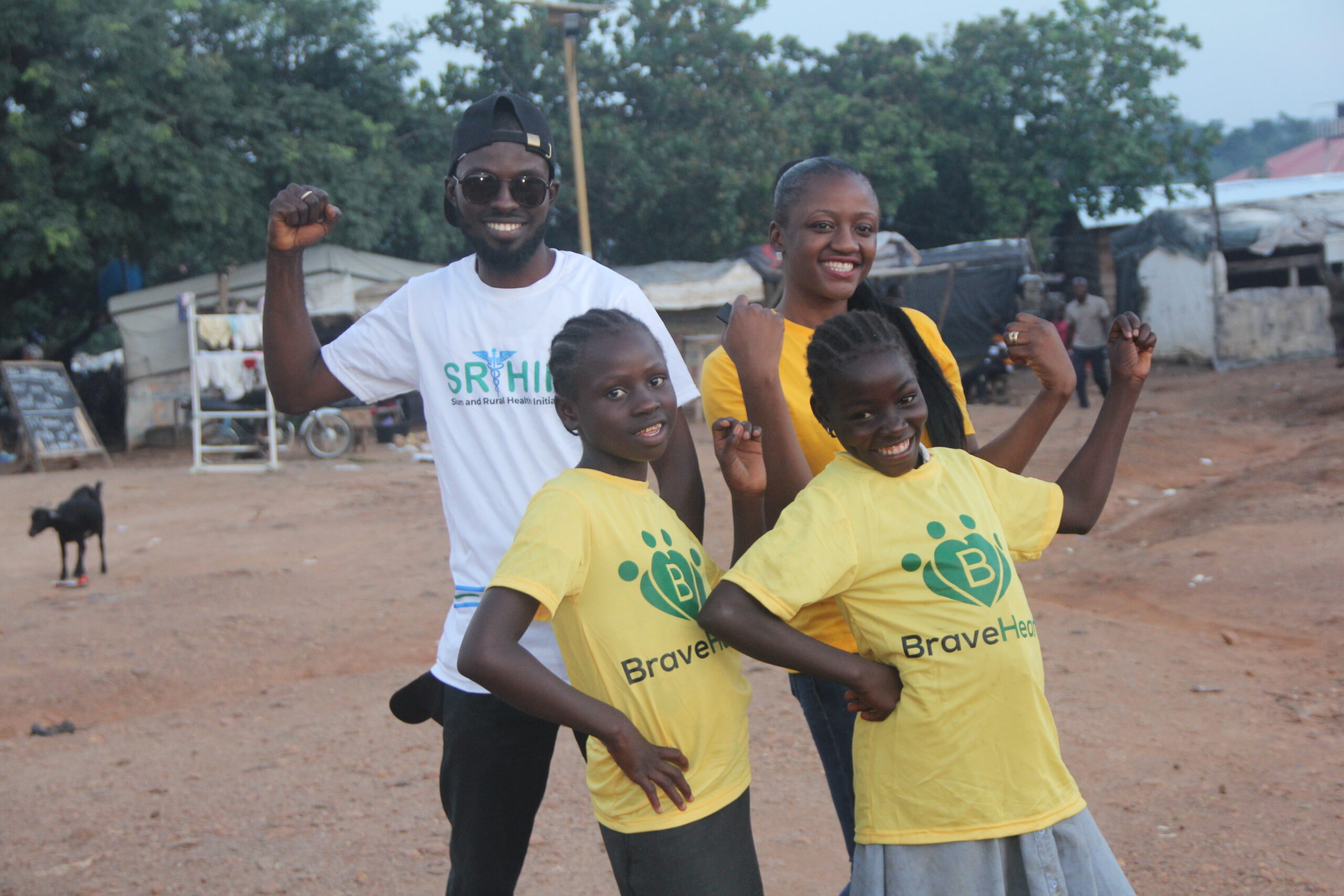Sexuality is an essential component of healthy development for young people. The World Health Organization and the report from the 1994 International Conference on Population and Development emphasize the importance of healthy sexual development to overall mental and physical well-being. Despite the widely recognized importance of sexual health, education to promote it remains a sensitive and sometimes controversial issue. Parental control of the content of sex education; core values to be included in sex education, such as gender equality and personal responsibility; and, fundamentally, what constitutes appropriate adolescent sexual behaviour.
Sexual socialization of babies and children begins at home, where parents have the opportunity to emphasize their most deeply held values (whether or not these are shared by mainstream society). From a very young age, children are exposed to messages about modesty, nudity and privacy, including gender-specific messages about proper conduct.
Parental responses to infant masturbation, displays of physical affection between parents and the instruction children receive about appropriate physical contact with others influence children understanding of their sexuality. Discussions of physical differences between men and women and parents’ responses to how children use sexual language help shape children’s awareness of sexuality. Parents teach children about their values and behavioural expectations through these explicit and implicit messages and actions.
Parents and other family members often have the power to guide children’s development toward healthy sexuality as a natural, normal, and progressive experience within the life cycle. They can help their children develop and practice responsible sexual behaviour and personal decision making.
It is the responsibility of parents to work with trusted adults and institutions to build a hedge around our kids who are increasingly vulnerable to child molestation or sexual abuse. The important role parents play in a child’s sexuality education includes:
- Providing the family perspective
- Supporting your child’s level of comfort in discussing sexuality-related issues
- Maintaining an open dialogue with the school about the school-based sexuality education program
- Responding positively and supportively to learning opportunities at home
- Attending school parent information meeting
- Every parent, well-educated or not, can be equipped to teach and impart sound values to his child.
Written by Team Beta of the SIMBIHealth Advocacy Project.




Good write up. Weldone Team Beta